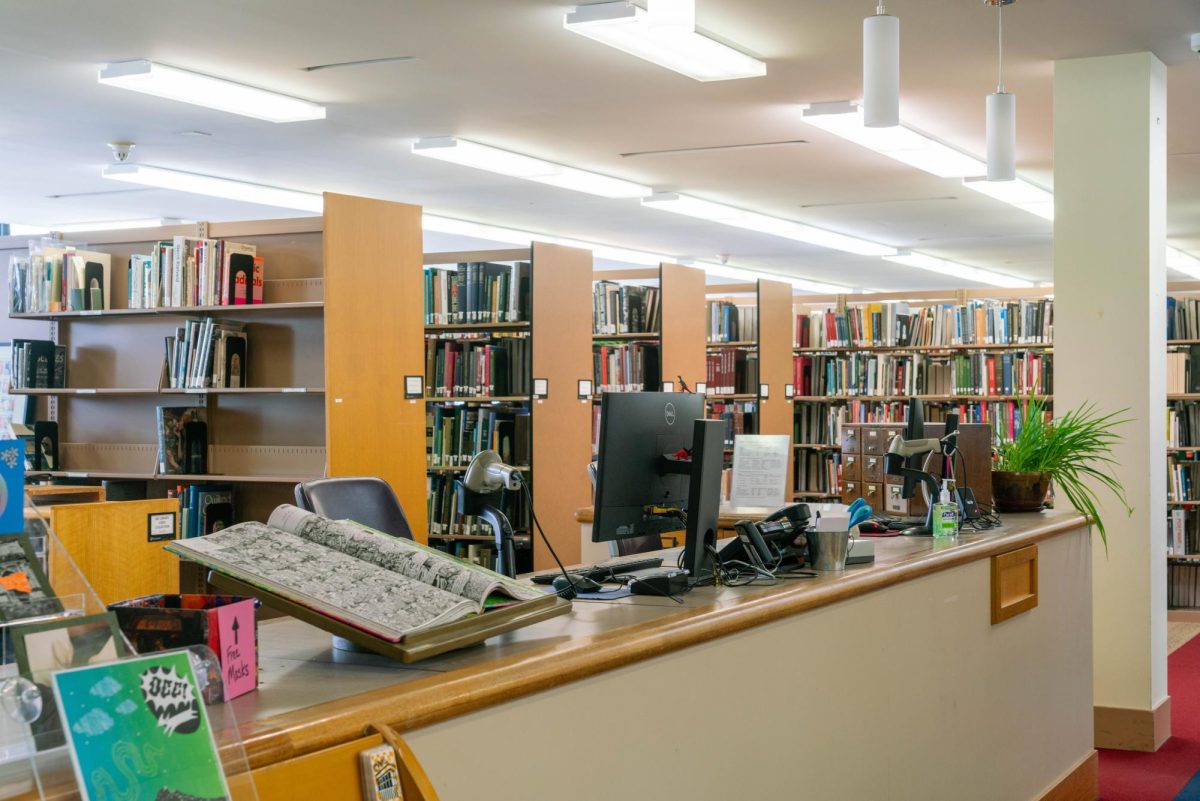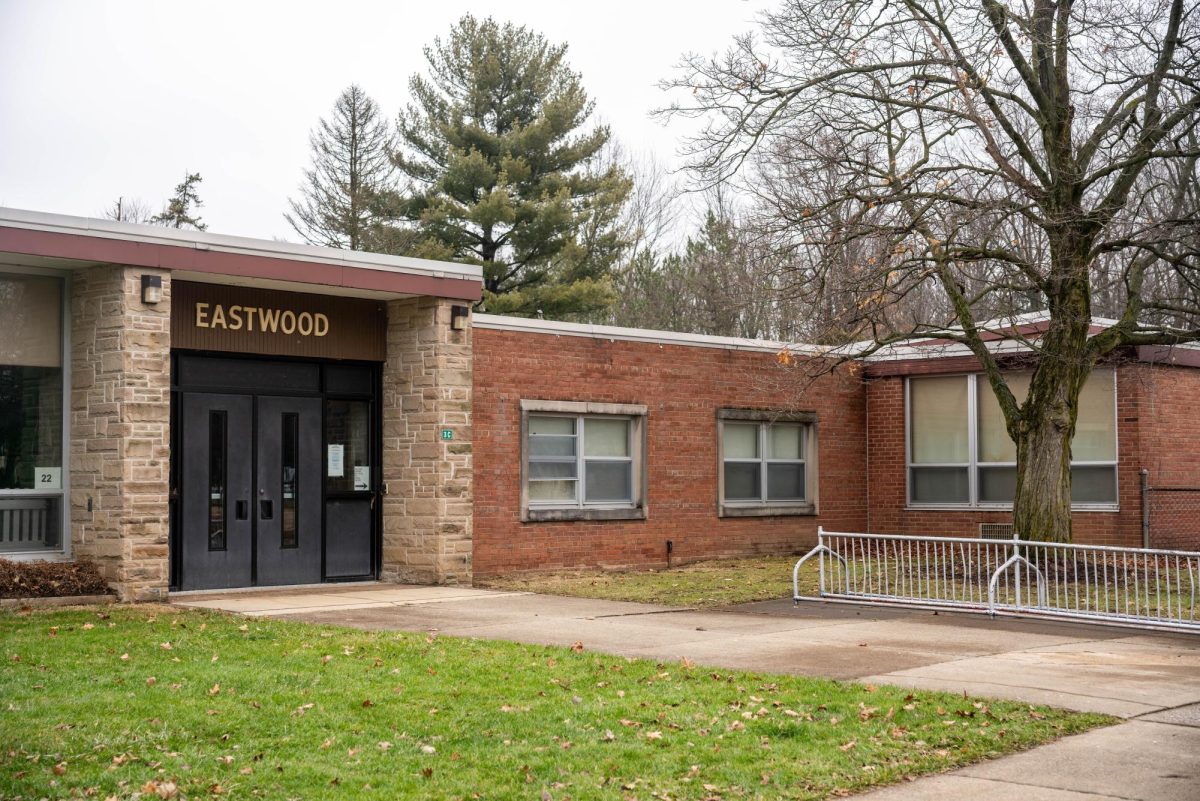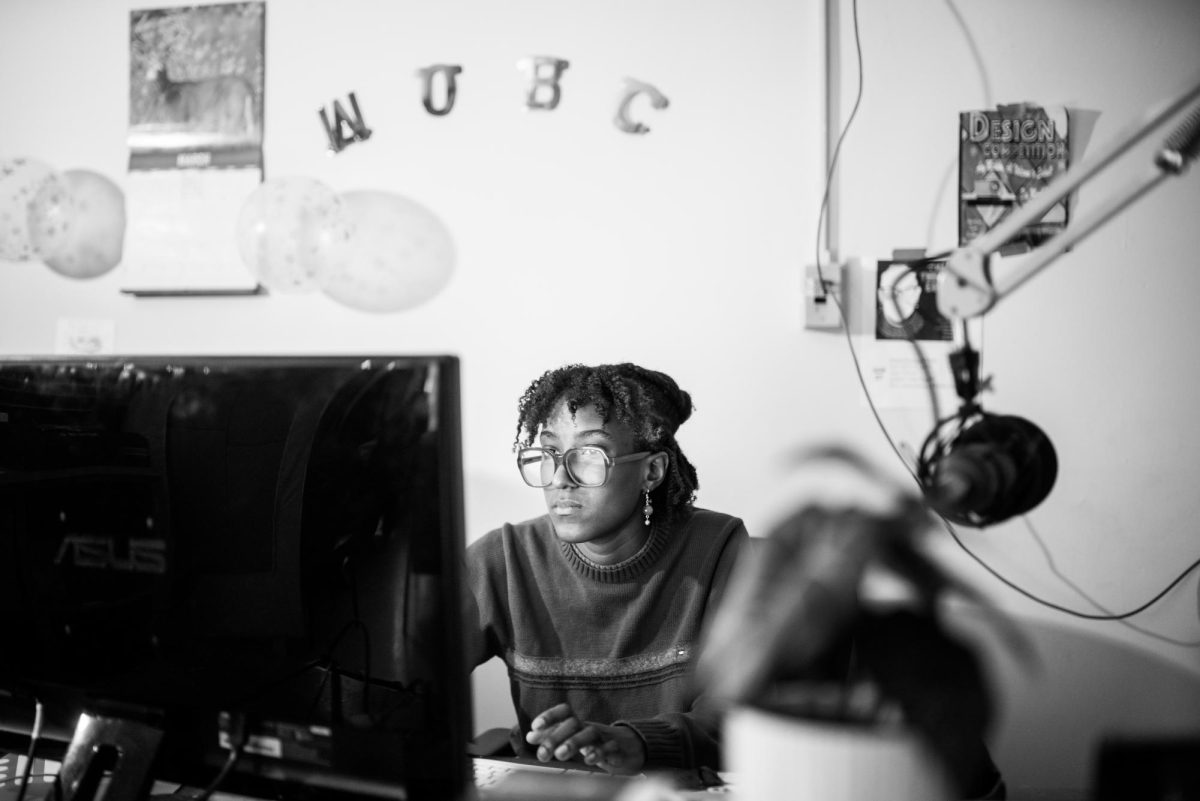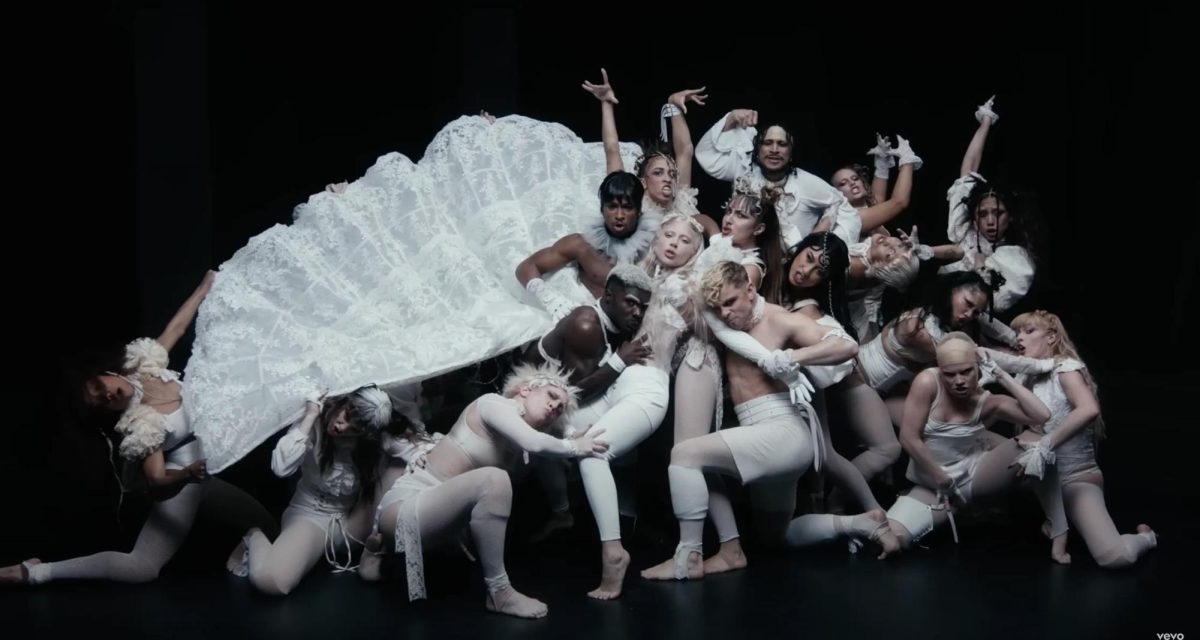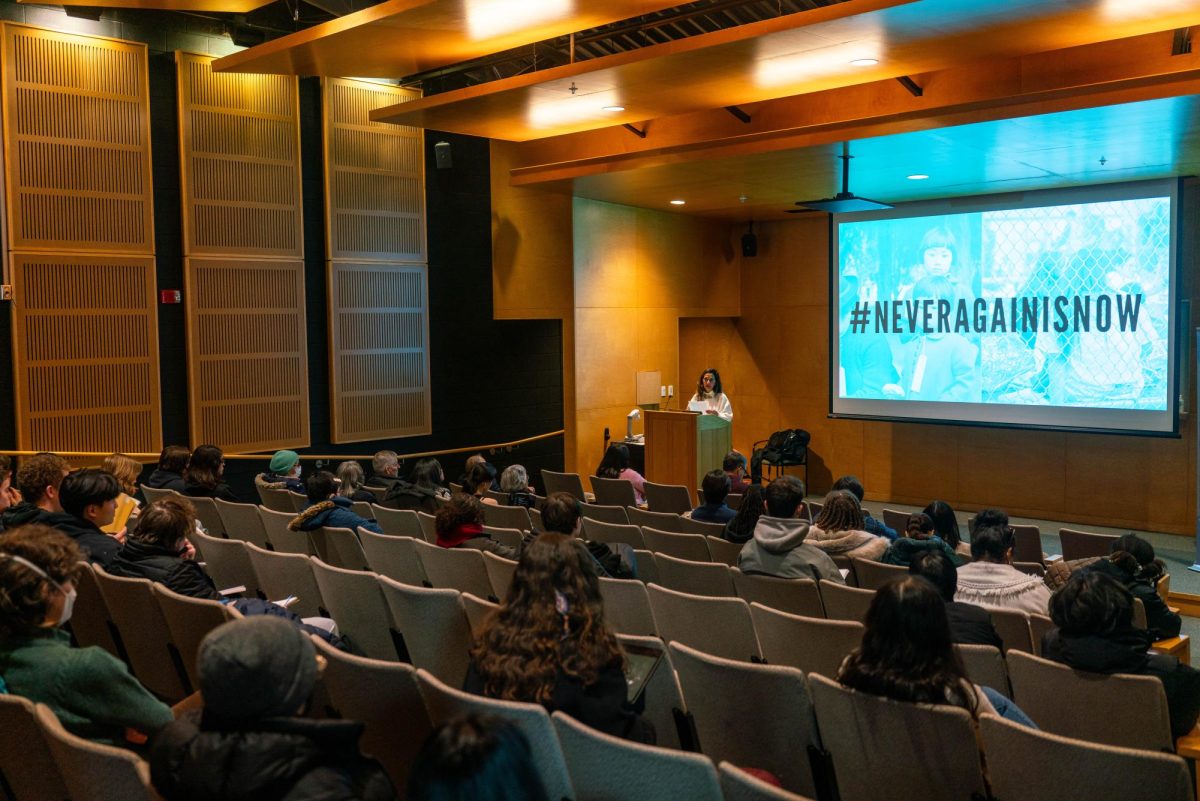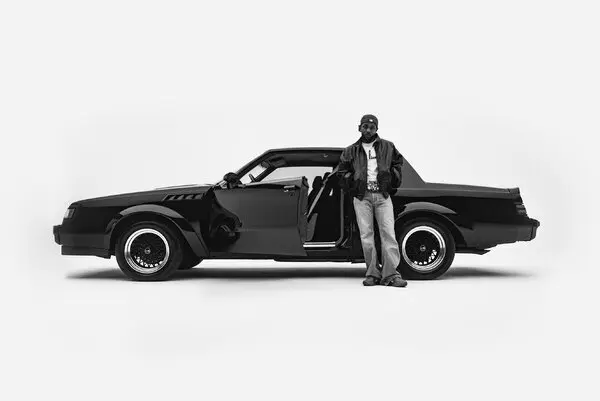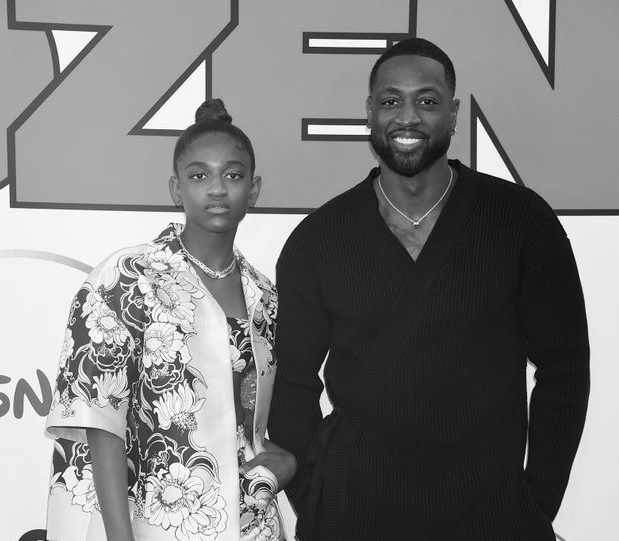Efron Speaks on Israeli Protestors, Social Justice
February 10, 2012
Noah Efron, visiting speaker from Bar Ilan University, spoke to students about Israel’s Occupy movement on Feb. 9, and expressed his enthusiasm for the young people in his country.
Efron, who came as part of the J Street U sponsored lectures, went to Israel as a young person in 1982 after graduating from Swarthmore College. He arrived idealistic about the change he could accomplish. After several years, however, he lost that sense and instead felt Israel was in decline, and he said these sentiments are widespread. Discontent with the political system is rampant; the most popular political bumper sticker was not promoting a particular candidate, but rather, in Efron’s words, “an amalgam of ‘you crooks disgust us, kick the bums out’.” Yet in spite of this, Efron remains positive about Israel’s future, especially in light of the protests that occurred over the summer.
A movement began in July when a young woman realized she was being priced out of the city of Tel Aviv. Housing prices in Tel Aviv have risen dramatically, and a full year’s salary is often required just to pay the rent. In response, she decided to camp outside in a tent in protest. The word spread and the movement grew. Within 10 days there were already 450 people camping out in public in Tel Aviv. For 100 days the tent cities flourished, with similar encampments popping up in cities all across Israel.
A wide variety of people flocked to the camps and participated in the lectures held by camp organizers. Efron took his children to see some of the camps and vividly recalls one camp in particular.
“That camp brought together a socialist graduate student, a Russian alderman, a world-class Ethiopian marathon runner — who left some of our discussions in order to train for the Olympics — an orthodox Jew, … drug addict bomb shelter squatter, labor lawyer, and dozens and dozens of others.”
The slogan that emerged from the camps was, “The people demand social justice.” The movement released documents that outlined specific policy reforms that they suggested could close the wealth gap and make living sustainable for the poor and middle class. In the largest gathering of the movement, one out of every 15 Israelis took part, and 79 percent strongly supported the protesters. Efron stated that while little of a concrete nature has been accomplished from these protests, he believes his children’s kids will be learning about “2011 as a turning point” for Israel.
The communities lived together for weeks, even months. “Something was born during these protests,” he said. “The lines transcend the typical left–right divide in Israel, and all the other binary divides as well. At the heart of it were people talking with one another late into the night, and listening and rediscovering values that they shared. … When each person’s story is acknowledged, it turns out that they begin to make room for the stories of others.”





